
Traveling in Egypt
TRAVELING IN EGYPT - 2013
The Embrace Founders were in Egypt from the last week of February through mid-March. The Founders did not take this
trip to visit antiquities, so the following is regarding the state of Egypt, the people, economics and a few of the spiritual and
religious sites.
The economy of Egypt is in a difficult state at present. We recommend visiting this diverse and remarkable country if you
are a citizen of any country other than those instigating and supporting wars in the Middle East. This is an especially good
time for tourists from the nearby Gulf. Currently Egypt has less traffic than usual so it is quieter than normal and is free of
extremely unwieldy crowds. In addition, you can get excellent rates on almost everything. However, just as importantly, you
can help the people of Egypt and their developing economy.
If you are booking rooms through an internet agency, we strongly recommend using a credit card, rather than a debit card.
This is due to the fact that agencies or their Egyptian intermediaries can hold on to money and not release it to the hotels in
a timely fashion, causing frustration and anger with the hotel front desk and management. A credit card payment gives you
the option of changing hotels or withholding payment if your money has not been forwarded to the hotel after you arrive.
Western Media Exaggerations
Please note, that while we were in Cairo and Tanta, the Western press was enthusiastically reporting so-called violent
incidents and anticipated violence. The Founders however, never once witnessed or heard of any political violence
anywhere. Again we advise most strongly, that anyone viewing the Western broadcast or print news media with
regard to any countries of the non-Western world, to do so with a skeptical eye.
Tipping
We do not recommend travel to Egypt for those who cannot afford to tip fairly for services rendered or resent doing so. If
you can afford to travel a long distance to come to Egypt, it is reasoned by Egyptians, you can afford to tip. Tipping is a way
of life in Egypt, even among Egyptians themselves for all sorts of services. It is a way of acknowledging people and
supplementing less than adequate salaries. It also helps the economy.
In keeping with this theme, on route to the airport our taxi driver stopped at a gas station and let an attendant fill the car with
gas. He tipped the attendant and later told us that the attendant was working without a salary. He was unemployed. The
attendant simply went to the gas station and was allowed to fill tanks in the hope of getting tips.
About Egyptians
Egypt is a melting pot. Egyptians strictly speaking are not necessarily Arabs. They are mixed with Berber, Turkish,
European and Nubian blood. They also have a small but active Jewish community. In addition, Egypt has numerous
immigrants and refugees (many Palestinians.).
The people of Egypt have as many opinions on everything as there are citizens in the country, which makes them
interesting to listen to. In fact, the major complaint today is that no one can agree on anything. - This sounds to us like
democracy in action. Cairo has quite a number of excellent bookstores. One chain is Alef and another is Diwan.
The general character of the people of Cairo and the Bedouin we met in the Sinai is one of a very perceptive and observant
people, with a great appreciation for knowledge.
Side Note on Young Egyptian Women
An interesting take on the younger Egyptian Muslim women, is that they often wear skin-tight jeans and fitted tops, but wear
a hijab (or head covering.) This is worn as a political statement giving evidence of their pride in being Muslim. This practice
began about the time the Western press began attacking everything Islamic.
Curiously, the opposite dress code for more modern Islamic women exists on the Indian, Pakistani, Bangladeshi, Sri
Lankan, “sub-continent.” Modern Muslim women in these countries wear relatively modest shalwar kamez, pajamas or sari,
but the head is not covered except when entering a Mosque or Dargha. The issue in this part of the world -is in not
attracting unwanted attention.
Mount Sinai
St. Catherine (the town) and Mount Sinai are primarily Bedouin areas, with the exception of the St. Catherine Monastery at
the base of Mount Sinai where an off-shoot of the “Burning Bush” thrives. Hiking up Mount Sinai requires sturdy shoes; the
path is rocky and narrow. You must go with a Bedouin guide. The fixed rate at present is E 250 whether one person or two.
If you want to miss the crowds, it is best to go in the late afternoon. We stayed with Bedouin here and we still recommend
any one else doing so (see info. on Bedouin kidnappings). The Bedouin in this area are knowledgeable about the world and
have a long history with the Greek Orthodox monks at St. Catherine’s Monastery.
If you are Russian and are reading this, please note that for some reason, a number of Bedouin in the Sinai consider almost
all Russians visiting the Sinai as Israelis with Russian passports. Our recommendation is to be honest. It is secretiveness
and the activities of a regional rogue intelligence agency that creates dislike and suspicion. If you aren’t working for them,
don’t worry.
Despite the tensions between the governments of the Holy Land and most of the Middle East, it is easy to understand why
religious and spiritual grassroots Jewish people, especially Rebs and Rabbis would like to visit one of their Holiest sites. In
particular, the people near Mount Sinai should be especially receptive to all their brothers and sisters in the Sephardic
Jewish community living in North Africa and Iran, as well as, the Naturei Karta Hassidic community.
Sharm el-Sheikh
Note: There have been kidnappings by Bedouin of Western tourists, generally on route to Sharm el-Sheik and a
few other coastal to inland routes. The kidnapped are well treated. The issue is one regarding Bedouin
grievances with the Egyptian government.
Sharm el-Sheikh at the tip of the Sinai is a beautifully landscaped and a carefully designed resort area. However, there is a
tension between the values of the local towns and the culture of resort guests. The men who work in the resorts normally
come from families where women are well respected but do not wear revealing clothing. They dress to protect themselves
from the sort of incidents which recently occurred in India and Mexico.
On our visit, we saw affluent Egyptian and Gulf couples coming to enjoy Sharm el-Sheikh resorts. This is a good fit and
hopefully many more of our Gulf friends will come. This will help the Egyptian economy without bringing in present political
issues, however, at this time it would probably be prudent for Westerners to refrain from going there.
The Coptic Monasteries
Although most tourists traveling to Egypt are primarily eager to see the antiquities, any traveler who can manage it, should
visit to the Coptic Monasteries which are a real delight. If you have an interest in Christian development and history, the
Coptic Monasteries should definitely be on your itinerary. A number of young travelers have written about their great
experiences visiting these monasteries and we had a wonderful time as well. The monasteries have art, miracles, history
and good natured, as well as helpful monks. Even those from other traditions can find a welcome at these monasteries and
many from the local Muslim community enjoy these sacred places where some remarkable saints lived.
The Mosque of Sayyedna El Badawi
Some people estimate that nearly a third or more of the Egyptian population follows some form of Sufi practice or attends
their celebrations. Hazrat Sayyedna El-Badawi is one of the most revered ancient Sufi Saints in all of North Africa.
The Sufis of the El- Badawi Mosque and dargha are no exception to Sufis all over the world. The men and women
welcomed visitors with big smiles, chanting praises to Allah and singing to the “Beloved” with joy in their hearts as the
Founders happened to visit on the day for cleaning the dargha. This is a place that creates a palace of “Love” in your Qalb
(the center) of your Heart where the “Divine” resides, metamorphically speaking as the Sufis do.
Embrace Sacred Places. Org will soon have photos of many more sacred places in Egypt.
To get an exquisite psychological insight into past modern Egyptian culture, read the trilogy of Nobel Prize winner Naguib Mahfouz. The
Books are: Palace Walk, Palace of Desire and Sugar Street.
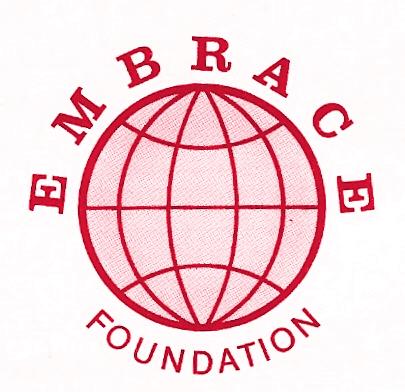
Embrace Foundation Retreat Center
Embrace.Foundation (skype messaging) - 011+1+212.675.4500 (New York)
Click to Email Us
Umrah - Jordan
Embrace Foundation is a non-profit,
educational foundation set up to create
better understanding between people of
different religions, cultures, traditions and
world philosophies.
Embrace Foundation works to bring leaders
and scholars of world-wide religions,
cultures and philosophies together by
sponsoring forums, seminars, lectures and
developing an international exchange
program. Embrace Foundation is particularly
concerned with reaching the world public
through the media.
Purpose
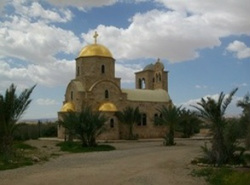
Donations
Embrace Foundation is an all volunteer
organization. All donations go directly to
programs.
Embrace Foundation does not and has
never given permission to any outside
organization to solicit or receive
contributions on our behalf.
All donations should be made to Embrace
Foundation only via Paypal or by mail. All
donations are tax deductible. A receipt will
be emailed to you. Please click on the Pay
Pal link below to Donate.
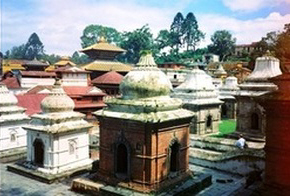
Travel As An Interfaith Act
Embrace encourages all who can do so, to
learn about other traditions and cultures by
traveling as “Grassroots Diplomats.” We
hope that people every where become life
long students of our world-wide humanity.
“ In every man there is something wherein I
may learn of him, and in that I am his pupil.”
R.W.Emerson
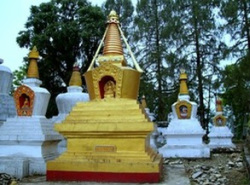

Embrace Humanity
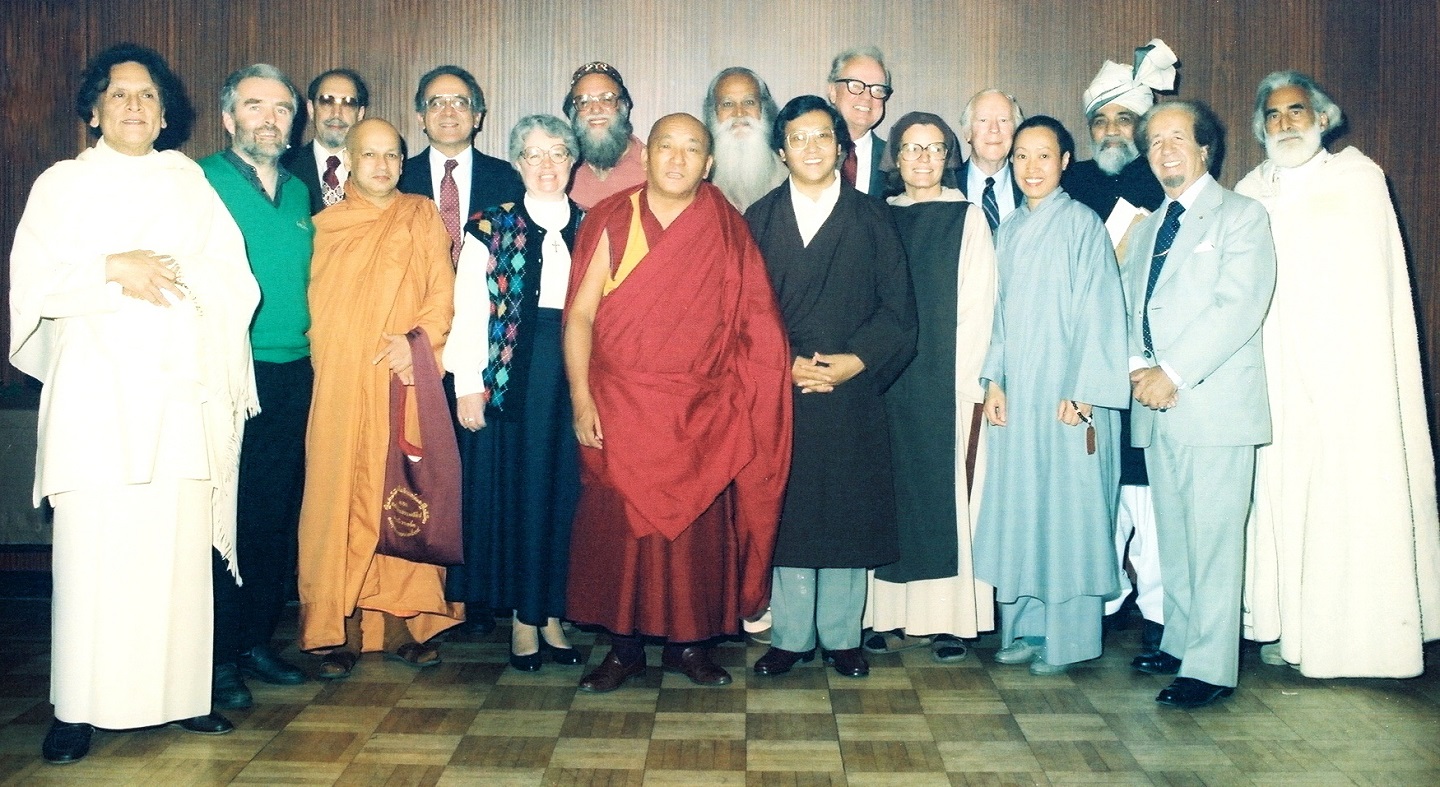
Great Visions - TV
Guests are: Swami Satchidananda &
the Rt. Reverend Dean Parks Morton
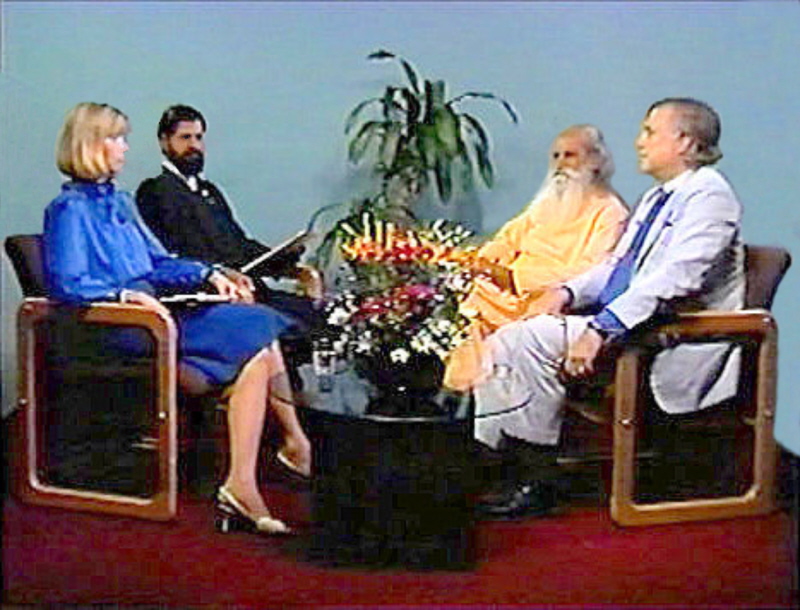
Embrace Archives
Limited Editions Gallery
Umrah - Jordan
Embrace Sacred Places
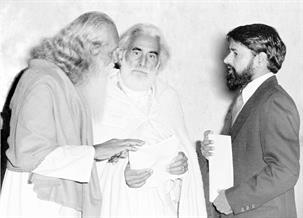
Monastery of Bahira - Syria
Embrace Foundation Universal
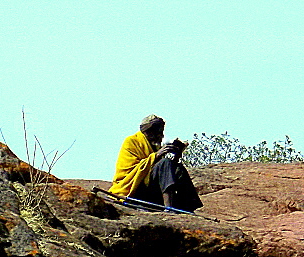
Monk Reading - Ethiopia
Thank you for making a donation.
Embrace Foundation International
- Great Visions TV
- Inspirations
- Media
- Possibilities
- Astrophysics, Quantum Physics & The Nature of Reality
- Deconstructing Nuclear Fission & Nuclear Waste
- Defense Industry as Community Builders
- Defense Industry As Energy Providers
- Global Water Shortages
- Innovative Technology
- Intelligent Communities & Development
- Pentagon & Non-Western Nations
- Recreating
- Resource Based Population
- Sharing Community Resources
- Protecting Human Rights
- Spiritual Ecology
- Syria
- Write to Us

